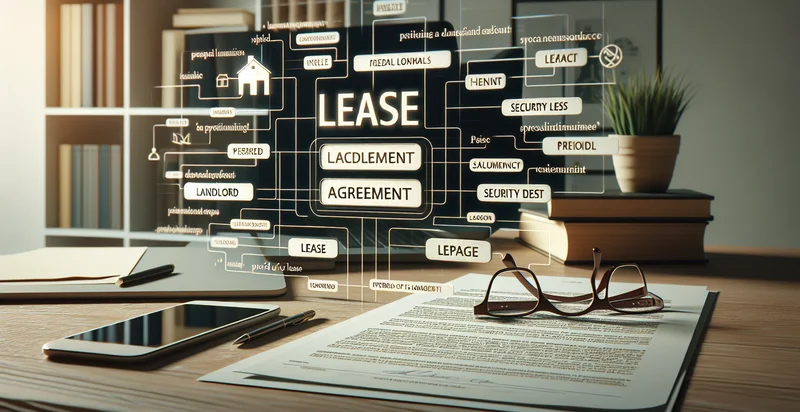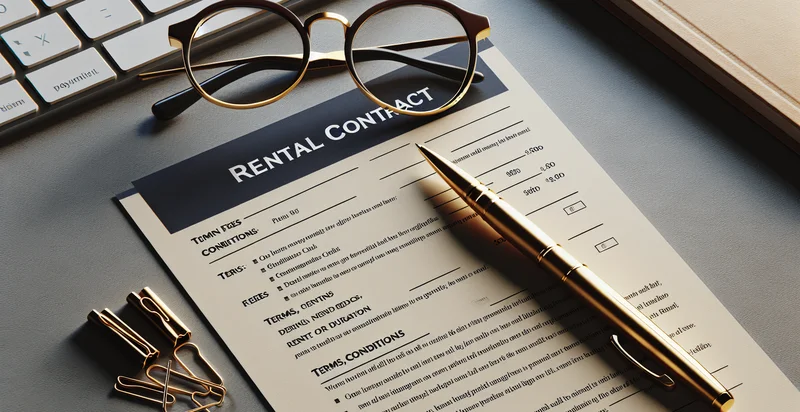Identify language of lease agreement
using AI
Below is a free classifier to identify language of lease agreement. Just input your text, and our AI will predict the type of lease agreement it is - in just seconds.

Contact us for API access
Or, use Nyckel to build highly-accurate custom classifiers in just minutes. No PhD required.
Get started
import nyckel
credentials = nyckel.Credentials("YOUR_CLIENT_ID", "YOUR_CLIENT_SECRET")
nyckel.invoke("language-of-lease-agreement", "your_text_here", credentials)
fetch('https://www.nyckel.com/v1/functions/language-of-lease-agreement/invoke', {
method: 'POST',
headers: {
'Authorization': 'Bearer ' + 'YOUR_BEARER_TOKEN',
'Content-Type': 'application/json',
},
body: JSON.stringify(
{"data": "your_text_here"}
)
})
.then(response => response.json())
.then(data => console.log(data));
curl -X POST \
-H "Content-Type: application/json" \
-H "Authorization: Bearer YOUR_BEARER_TOKEN" \
-d '{"data": "your_text_here"}' \
https://www.nyckel.com/v1/functions/language-of-lease-agreement/invoke
How this classifier works
To start, input the text that you'd like analyzed. Our AI tool will then predict the type of lease agreement it is.
This pretrained text model uses a Nyckel-created dataset and has 42 labels, including Arabic, Bulgarian, Catalan, Croatian, Czech, Danish, Dutch, English, Estonian and Filipino.
We'll also show a confidence score (the higher the number, the more confident the AI model is around the type of lease agreement it is).
Whether you're just curious or building language of lease agreement detection into your application, we hope our classifier proves helpful.
Related Classifiers
Need to identify language of lease agreement at scale?
Get API or Zapier access to this classifier for free. It's perfect for:
- Lease Agreement Compliance Check: This function can be used by law firms to automatically classify lease agreements based on their language. By identifying non-compliant or problematic language, firms can ensure that documents align with legal standards and mitigate risk for their clients.
- Multilingual Lease Management: Property management companies can implement this function to accurately classify lease agreements in various languages. This capability allows them to streamline document management across different regions and improve communication with tenants.
- Automated Contract Review: Real estate firms can utilize the language identifier in their contract review processes to flag unusual or concerning language in lease agreements. This aids in speeding up the review process and ensures legal language is appropriately used.
- Risk Assessment Tool: Insurance companies can apply this function to assess the risk associated with lease agreements. By examining the language used, they can identify terms that may lead to higher claims or liability, influencing policy underwriting decisions.
- Lease Renewal Notifications: Businesses managing commercial properties can employ this identifier to track the language of lease agreements approaching renewal. The function can trigger alerts when certain conditions are met based on the language used, helping to facilitate timely negotiations.
- Tenant Screening and Analysis: Digital platforms for tenant screening can utilize the language identifier to analyze lease agreements submitted by potential tenants. This practice allows platforms to flag agreements that don’t meet industry standards or indicate potential disputes.
- Data Analytics for Lease Agreements: Real estate investment analysts can leverage this function to extract and analyze data from a large volume of lease agreements. By categorizing agreements based on their language, analysts can identify trends, performance metrics, and opportunities within the leasing market.


